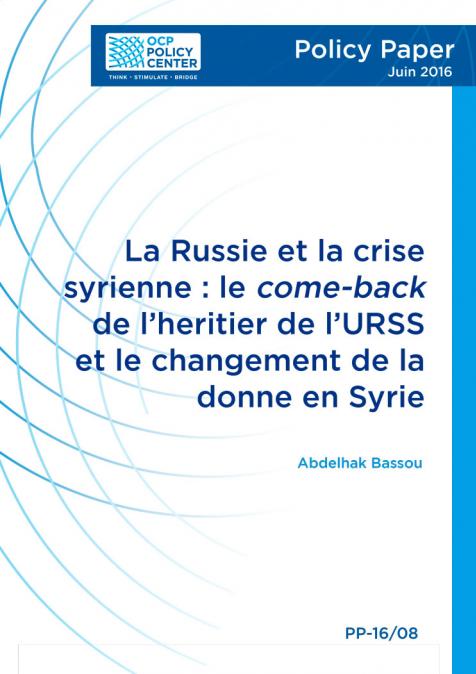Publications /
Opinion
Over 25 years after the launch of the Euro-Mediterranean Partnership (EMP) in the 1995 Barcelona Conference, the Mediterranean geographical area continues to be subject to the reflection and conceptualisation of the European Union (EU) with the aim of firmly establishing this strategic neighbourhood relationship and addressing the progress of the inherent challenges. Since then, several initiatives have marked the Euro-Mediterranean framework as stages on the path that claimed to be the result of a joint reflection, i.e. a dialogue between the two shores of the Mediterranean on the future of relations between the EU and its southern neighbourhood.
Thus, in the case of Morocco, the Association Agreement signed with the EU in 2000 preceded by several years the launch of the European Neighbourhood Policy (ENP) in 2004 and the implementation of an Advanced Status of Morocco in the Mediterranean space in 2008.
Indeed, this evolving process reflects the EU’s concern to define a framework adapted to manage its relations with the southern neighbourhood – following the consecutive enlargements of the EU – but also and mainly to reposition itself politically and strategically on the southern side. Actively engaged in the different Euro-Mediterranean fora (Mediterranean Forum, Forum 5+5), Morocco in its turn has always sought a differentiated treatment in its relations with the EU. The consolidation of the acquis and the opening of prospects toward co-responsibility and co-decision are among the main components of the Moroccan approach in order to advance the Euro-Mediterranean integration process.
Read Nezha’s Alaoui M’Hammdi Qualitative Analysis in English and Arabic.









